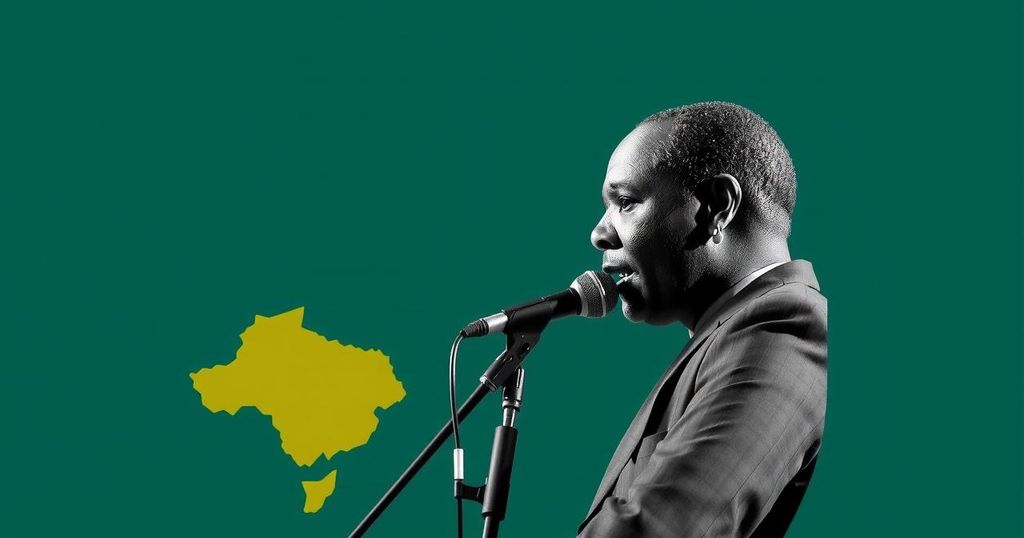Duma Boko has succeeded in unseating Botswana Democratic Party’s 50-year rule, becoming the next President. His Harvard education and human rights advocacy appealed to a broad demographic, while his previous attempts and the establishment of the Umbrella for Democratic Change were critical to his success. Boko’s win signals a significant change in Botswana’s political environment, focusing on economic reform and inclusivity.
Duma Boko has made history by becoming Botswana’s next President, breaking a 50-year electoral hold by the Botswana Democratic Party (BDP). A Harvard-educated human rights lawyer, Boko’s amiable personality appealed to the youth and to citizens experiencing economic hardships. His promises of economic overhaul, job creation, and government support resonated widely. Nonetheless, his journey was fraught with obstacles; he succeeded in becoming president only after three attempts and through the formation of the Umbrella for Democratic Change (UDC), an alliance meant to consolidate opposition strength against the BDP. Despite these challenges, Boko exhibited remarkable tenacity in advocating for democratic governance.
For over half a century, the BDP has been the prevailing political force in Botswana, influencing the country’s policies and governance. Duma Boko emerged as a formidable opposition figure amid this dominance. With his legal background and focus on human rights, Boko has attracted considerable support from younger voters and those disillusioned by the existing economic landscape. The formation of the UDC marked a strategic shift for opposition parties, enabling a unified front against the long-standing political establishment. Boko’s victory signifies a potential turning point in Botswana’s political history, tipping the balance towards a more competitive democratic process.
The election of Duma Boko as Botswana’s President represents a watershed moment in the country’s political landscape. After over five decades of BDP’s unchallenged dominance, Boko’s successful campaign, built on principles of reform and inclusivity, resonated with a populace eager for change. His leadership promises significant shifts in economic policy and governance, driven by his commitment to addressing the needs of all citizens, particularly the youth. As Botswana embarks on this new political chapter, the resilience demonstrated by Boko could set a precedent for future opposition movements in the region.
Original Source: www.africa.com






